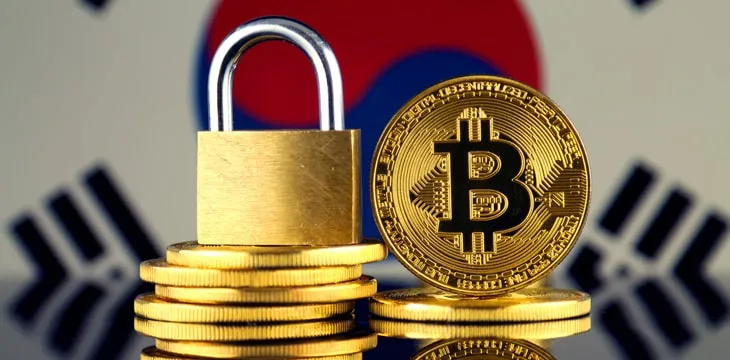|
Getting your Trinity Audio player ready...
|
South Korea’s Financial Supervisory Service (FSS) has confirmed its desire to set up a digital asset disclosure system for the country. The financial regulator said the system would serve as a data trove for investigators clamping down on virtual currency fraud.
Ahn Byung-nam, Head of Digital Asset Research at the FSS, made the disclosure at a meeting of the government’s Digital Assets Committee, where he opined that the system would operate on three major anchor points—listing, issuance, and circulation of digital assets. Top of the agenda for the meeting was setting up a proper framework for disclosures by virtual asset service providers operating in the country.
“Disclosure information can increase market efficiency and protect investors,” said Jeon In-tae, Professor of Mathematics at the Catholic University of Korea. “It should be regarded as an obligation of a digital asset issuing institution, but there are no obligations or regulations.”
Jeon added that such obligations are fairly nonexistent in Korean markets, which laid the foundations for the slew of industry collapses faced by the digital assets industry. He added that customers are the biggest victims of the implosions, making it imperative for regulators to “establish a continuous monitoring system” for the industry.
“There is a need to protect investors and issuer responsibilities through self-regulation in accordance with the existing Capital Markets Act,” he said.
A representative of the digital asset exchange joint consultative body (DAXA), Cha Myung-hoon, told attendees that the body has been working on common guidelines for proper disclosures, including delisting.
“We plan to prepare internal standards for the virtual asset warning system and provide notifications in the form of warnings to the corresponding items this year,” said Cha.
South Korean regulators are taking an active approach toward sanitizing the local virtual currency ecosystem. Early in the week, the country’s Ministry of Justice divulged plans to establish a virtual currency tracking system to help security outfits uncover the activities of bad actors.
Apart from the tracking system, there is a plan to set up an independent analysis system before the end of the year. A robust proposal for regulating virtual currencies has been forwarded to the National Assembly, while law enforcement agencies match the legislative flair with a series of high-profile investigations.
There are also suggestions to allow the easy transition of mainstream fintech firms to dabble in virtual currencies and the consideration of virtual asset investment for corporations.
Watch: Blockchain for Government Data & Applications

 07-12-2025
07-12-2025 





